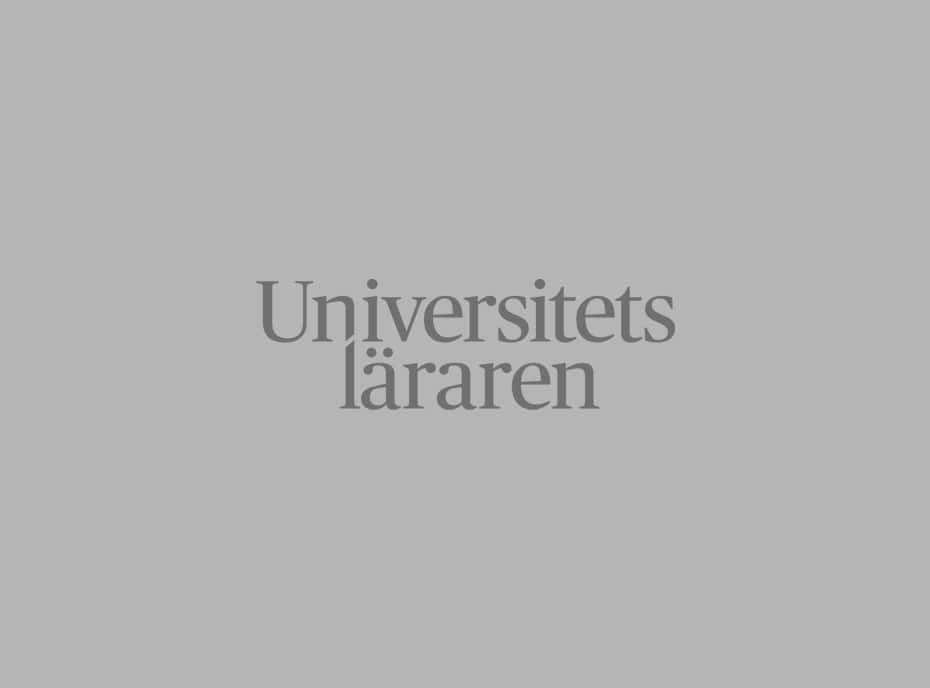A PhD is not (please read not only) about successful completion of a thesis on time. Rather, it’s a complex training process to prepare you for life as a future academic and make you familiar with academic generalities such as research grants; to put you in the big picture of science; to help you take you on a life-long journey through scientific methodology; to provide you with philosophical tools to observe what is happening in the world around you and question why and how; to make you aware of ethical and social responsibilities; to train you to be an organized manager and leader; and much more besides. You undergo constant personal and professional development. Who supervises all of this?
I asked myself this question at the end of my PhD or, to be more specific, while writing the acknowledgment section of my thesis. After looking at my past four and a half years, I witnessed the quick transformation of my concern at that moment, from ”who to thank” to ”who not to thank”.
I remember, at the beginning a colleague of mine suggested that I join others going to the restaurants for lunch as much as possible. Of course you save money by bringing a lunch box and eating by yourself, but, he continued, you get a lot out of the lunch discussions. This was probably one of the most valuable suggestions I received during my entire PhD studies. I started to join my colleagues for lunch. Of course we discussed new science, Tesla vs Edison, Apple vs Android and Social Democrats vs Moderates. Sure, we talked about the same boring skiing techniques one hundred and fifteen times, argued about Eurovision, made predictions about Game of Thrones and fell silent when someone mentioned that one colleague. But soon enough, names like Vetenskapsrådet, KK foundation and Vinnova became everyday words for me. We talked about funding opportunities, applications, criteria and so on. I started to get a clear picture of how research grants in Sweden work. Quality supervision right there!
In the fika room, it’s very likely that you often hear your colleagues discussing their research and experiments. Even if it is not directly connected to your research, you somehow try to engage or just listen to them, (sometimes you don’t have a choice). Once in a while you pick up good ideas and learn new tricks to solve your own problems. What actually happens is that you get supervised, without realizing.
During our PhD years or later, we all find ourselves sitting with several pages of comments on our articles from reviewers. Frustrating right? With few exceptions, these comments are very important in our learning process. The reviewers actually tell us what we might have missed. They encourage us to think ”outside the group/lab” and to question our own work. They train us in critical thinking.
Think about all the times you went to the department secretary’s office to ask for help to plan your trips. Sometimes they gave you a brief financial overview of your project. Eventually you learned how to manage project resources, where you can spend money and where you cannot.
These are just a few examples of everyday supervision by non-supervisors at work. There are many more, also outside work. Our students, people we meet at conferences, the technicians, the IT guys, the janitors, the lady in the library – they all supervise us in some way. They are not recognized and acknowledged, even-though their contribution to our knowledge and achievement is vital beyond question.
Reza Salim
Project leader, Bron Innovation















